|
Does it matter how we worship God? If we could ask two old testament priests named Nadab and Abihu that question, doubtless they would answer, "Yes!" When the sons of Aaron burned incense to the Lord, the fire they used was not obtained from the correct place. They instead offered "strange fire" unto the Lord which angered God and the fire consumed them. In this broadcast of Let the Bible Speak, we see how dangerous it is to play with fire.
1 Comment
Does God expect His people to submit to scripture? Does it claim to have authority over the modern church? In the last lesson of a four-part series on the internal claims of scripture, we consider The Authority Of The Bible.
Our series on Innovations concludes with a look at departures that have taken place from the original design of the Lord's Supper as instituted by Christ. The elements that Christ chose to commemorate His suffering and its result are profound in their simplicity. They reflect the unity and joint participation the church is to enjoy in the benefits of Christ's death and the new covenant that was thereby established. In this broadcast of Let the Bible Speak, a look at how the later practice of multiple loaves and cups distorts the beautiful picture Christ originally portrayed in the divine feast.
Women have made an indelible mark on the modern world in business, politics, art, and religion. They have well-proven their intellect and talent to be equal to and in many cases, surpassing their male counterparts. Consequently, the rise of women's liberation and the women's rights movement has opened the pulpits of many churches to females to serve as pastors, teachers, evangelists, etc. Is this according to God's will or is it a change to the divine pattern for the work and worship of the church? In this broadcast of Let the Bible Speak, we continue our series on Innovations and the Divine Pattern by focusing on women preachers and teachers in the church.
In the 18th century, Robert Raikes saw an urgent need: the education of poor children in England. The dawn of the industrial era led to the working-class children of Great Britain being forced into hard factory labor six days a week. On Sundays, many of these juveniles roamed the streets and fell into trouble. With no public schools and no time nor money for education, Raikes conceived an idea to have churches band together and provide Sunday School's for these indigent children. The bible and other religious curriculum was used to teach reading, writing, and other basic subjects and provided a moral foundation for the struggling youth. The concept caught on and within a matter of a few years the new schools were flourishing and spreading to other lands. What began as a precursor to the public school system, in a matter of time, became an arrangement for local churches to provide outreach to the young people of their communities and to indoctrinate them in the doctrines of their churches. Today, most churches divide into Sunday School classes to teach their membership. What may have been borne out of a pure motive became an arrangement for edifying the church contrary to the arrangement the apostles set forth by divine authority. As we continue our series on Innovations and the Divine Pattern, find out how Sunday School became a prominent part of the work of most churches and why it is opposite to Paul's instructions for the church assembly.
How and why did the early church practice baptism? As we continue a series on Innovations and the Divine Pattern, we have already shown how the government of the church was corrupted from an arrangement of qualified elders in each local church to a hierarchy of power, eventually becoming centered in Rome. This departure led to a multitude of doctrinal changes through the centuries and swept the church further into error and apostasy. One of the changes that resulted was in regard to the apostolic teaching about baptism in water. Within 200 years, the design of baptism began to change and by 1,300 years after the establishment of Christ's church baptism officially became something other than what the early disciples practiced and it's purpose changed. In this broadcast of Let the Bible Speak, we look at the slow evolution of thought concerning this sacred practice and why most religions today misrepresent the bible's teaching about baptism. Is your baptism from heaven or men?
One of the first substantial departures from the apostolic pattern that took place in the early history of the church of Christ pertained to its organization and government. Offices set in place by the apostles were transformed and expanded beyond their original scope. This paved the way for many other heresies in doctrine and practice. The autonomy of the local church is a safeguard against apostasy but the change from elders in local churches to a worldwide hierarchy of power over the universal church allowed churches everywhere to be swept up in error. In this broadcast of Let the Bible Speak, we continue the series ‘Innovations and the Divine Pattern’ with a study of ‘Innovations in Church Government.
In the days of national Israel, after they moved into the land of promise, property lines were drawn and marked by stones called 'landmarks'. Those boundary markers were considered sacred and were not to be moved. The Old Testament sternly warned the Israelites to "Remove not the ancient landmarks which your fathers have set", thus infringing on the property of others, especially the poor. Spiritually speaking, God has set certain landmarks in our lives but they too, are being moved. In this broadcast of Let the Bible Speak, we consider part 1 of "God's Ancient Landmarks".
|
Kevin PresleyWith Let The Bible Speak Archives
January 2023
|
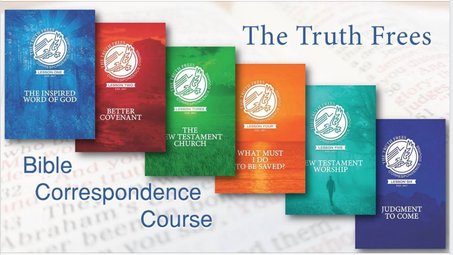
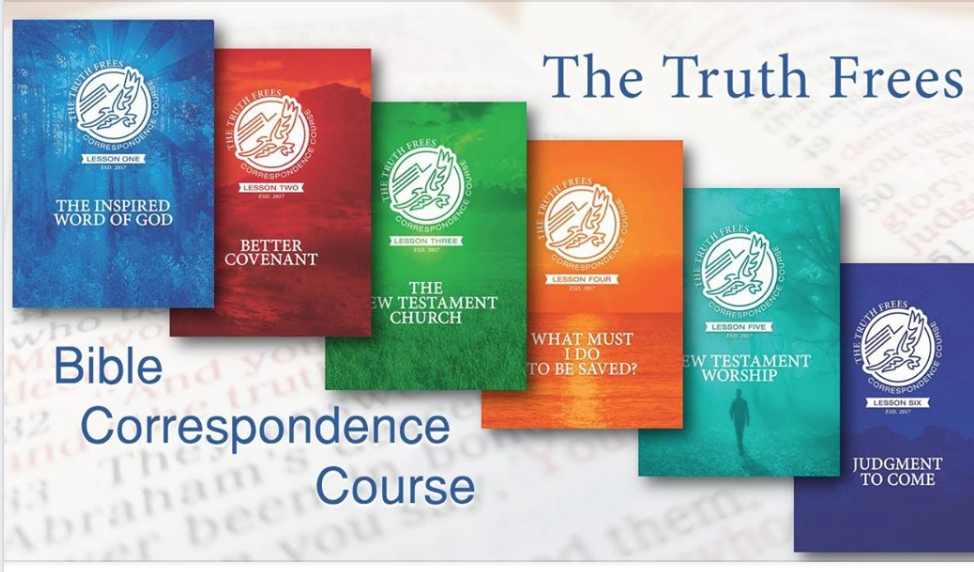
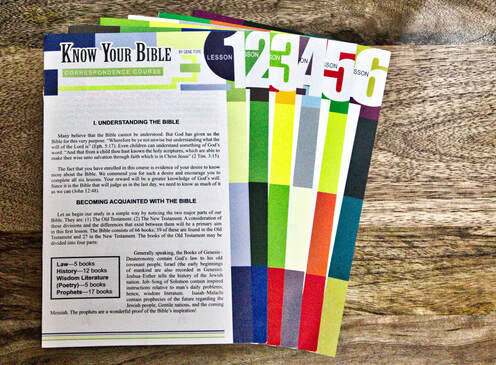
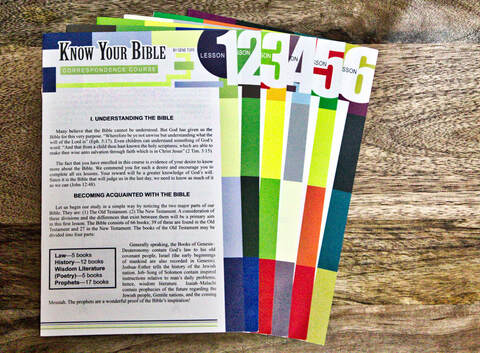
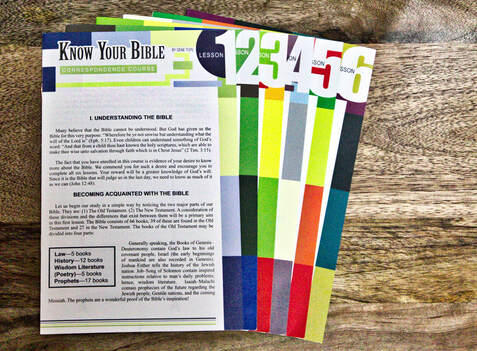
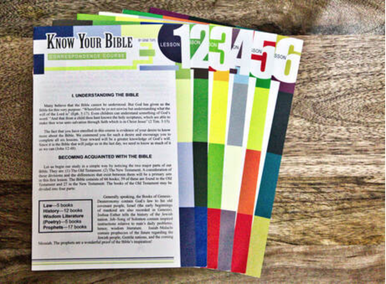
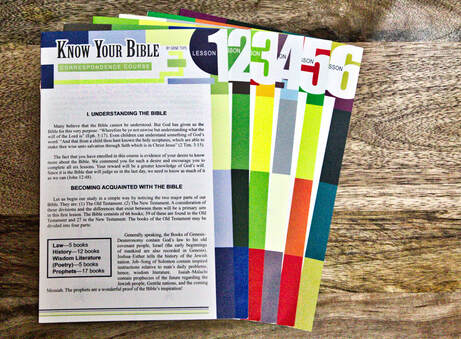

 RSS Feed
RSS Feed